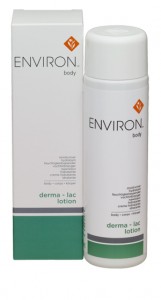How to Prevent Dry Skin in Winter
The dryness is a result of the natural change in moisturizing factors and keratin (dead skin cells) in your skin.

The dryness is a result of the natural change in moisturizing factors and keratin (dead skin cells) in your skin.
Don’t overcleanse oily skin – this will strip it of its essential natural oils, making it go into overdrive to compensate and produce even more sebum.
Your skin will be subjected to seasonal highs and lows, which affect its condition. Adjust your regimen accordingly, depending on how skin feels as each season takes over.

Dry, rough skin on elbows, knees and heels is a sign of disruption in skin’s natural renewal process. Harsh weather conditions, indoor heating, friction against clothes and shoes, and even your genetics all add to the problem.
The skin on the neck is thin and has few oil glands, so it dries out easily and can look papery even on young women.
Treat hands with the same care you do your face. They too suffer wear and tear, and can quickly give away your real age.
The air indoors is usually very dry when heaters are hard at work, while the wind outside is chilling. This causes rapid evaporation of moisture from the lips The skin tissue on the mouth is very delicate and thin, and can become so dry that it cracks and bleeds.
Tiredness is a big factor but this can also be genetic or a result of allergies.
The skin around the eyes is very fragile. this is where wrinkles and lines first take hold – and they cannot be prevented, only minimised.
The eye cream might be too rich. Switch to a gentler formula, such as Environ’s Ionzyme C-Quence Eye Gel. You could also be allergic to your eye-makeup remover.